The EU, Apple's two-letter headache, has the tech giant reaching for the aspirin again

Apple has a two-letter headache. Those two letters are EU. Thanks to the Common Charger law passed by the EU, Apple replaced its proprietary Lightning port for charging and data transfers with a USB-C port starting with the iPhone 15 series this year. The EU's Digital Markets Act (DMA) also applied a little pressure on Apple resulting in the decision to allow the iPhone to support Rich Communication Services (RCS) sometime next year.
Regulators in the EU have pressured Apple into replacing Lightning with USB-C and adding RCS support
By supporting RCS, iPhone users will be able to get features like read receipts, typing indicators, high-quality photos and videos, and end-to-end encryption when messaging with an Android user.
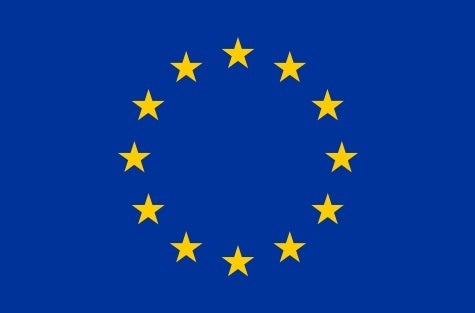
The EU is Apple's two-letter headache
Apple has never allowed iPhone users to sideload apps because it means that users will be able to install apps that Apple cannot check for malware like it can with the apps in the App Store. But thanks to the DMA, Apple could be forced to allow sideloading next year, but it might only approve sideloading on iPhone units available in the EU's 27 member states. Sideloading is still expected to be blocked by Apple in the U.S. and most other countries outside of those who are members of the EU.
And now there's more. According to Bloomberg, EU regulators are close to deciding whether to punish Apple for preventing apps that offer music streaming subscriptions from redirecting subscribers to alternative websites where payments can be made. Apple is trying to prevent this from happening because it bypasses Apple's own in-app payment platform. The tech giant takes 15% to 30% of in-app revenue that it processes using its payment platform and this so-called Apple Tax has been at the center of much controversy.
Besides forcing Apple to allow music streamers to collect payments using alternative methods, Apple could be fined 10% of its fiscal 2023 revenue of $383.3 billion, or $38.3 billion. Even for a huge company worth over $3 trillion like Apple, that is a huge chunk of change. The company could also be forced to change its business model in the EU. The EU is expected to decide at the beginning of next year.
The EU's investigation into Apple, the App Store, and the Apple Tax started four years ago after music streamer Spotify claimed that it was forced to raise its App Store subscription prices to cover the Apple Tax. At the time, Apple accused Spotify of wanting to have all the benefits of being a free app in the App Store without being free.
Some changes forced on Apple by the EU, such as sideloading, will be allowed in the 27 member states only
The Digital Markets Act will take effect next March and will prevent companies from promoting their own services in the EU ahead of the competition. The tech giants will also be prevented from combining personal data collected from their various services. The DMA also states that data received from third-party merchants can not be used by the big tech firms to compete against these merchants.
When it comes to changing the Lightning ports to USB-C and supporting RCS, Apple decided that it would be too costly and time-consuming to make these changes only for iPhone units sold in the EU. But with sideloading, the stakes are too high for Apple to support third-party app stores worldwide. The potential for iPhone users to accidentally install a malicious app from an app storefront other than the App Store is just too great for Apple to allow sideloading in markets other than the EU where it is being pressured to allow it.
While Apple says that it needs to prevent sideloading to keep users iPhones safe, app developers have complained that Apple takes this position to force developers into paying the Apple Tax. As for iPhone users, most say that they paid for the device and if they want to risk installing malware that steals their personal data, that should be their decision.
Follow us on Google News







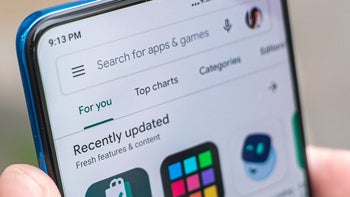


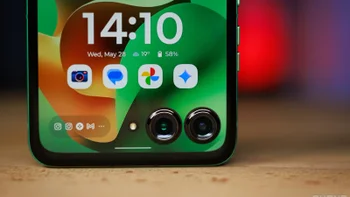
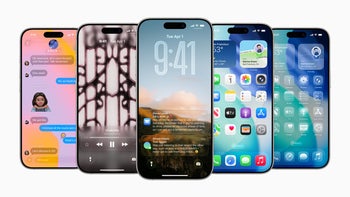
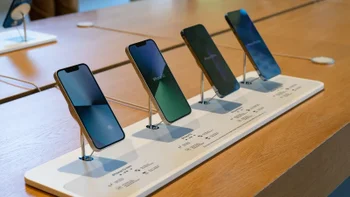
Things that are NOT allowed:
To help keep our community safe and free from spam, we apply temporary limits to newly created accounts: